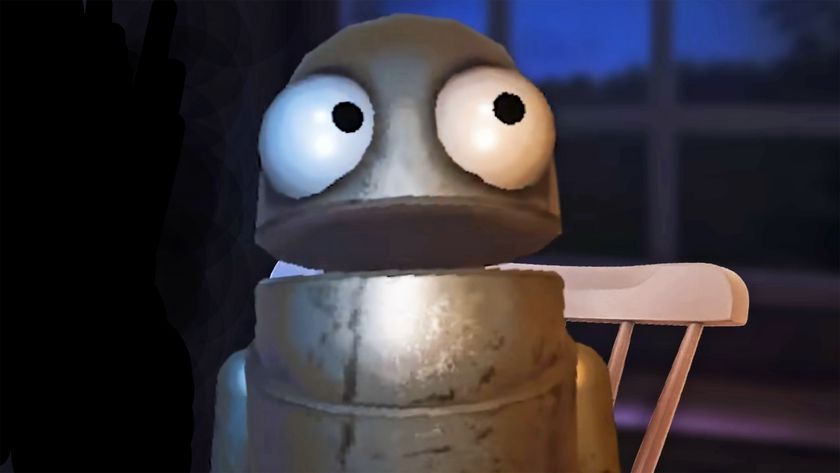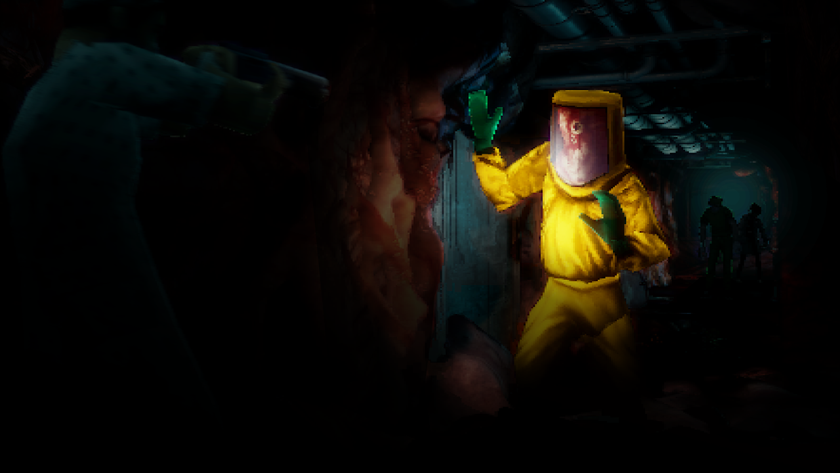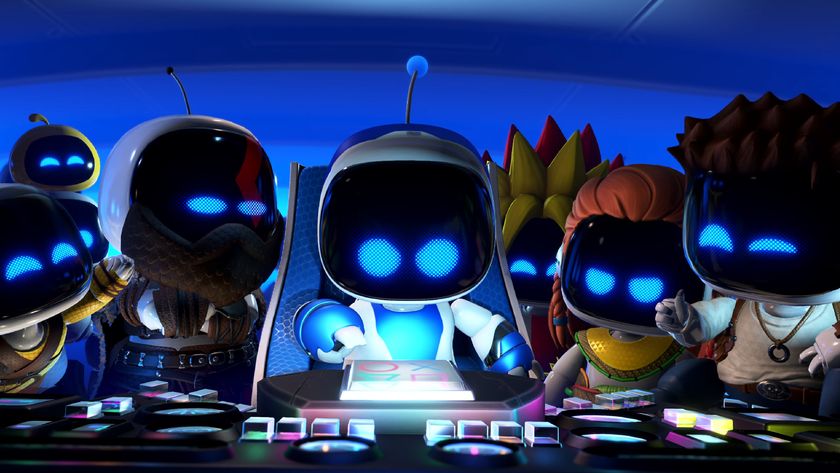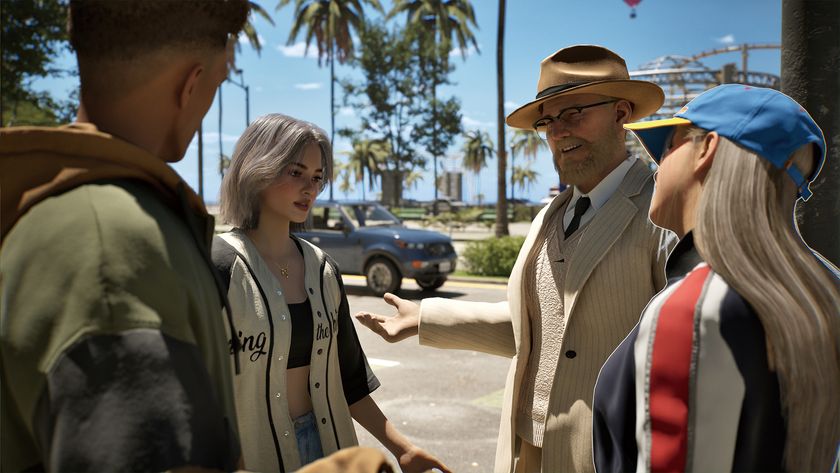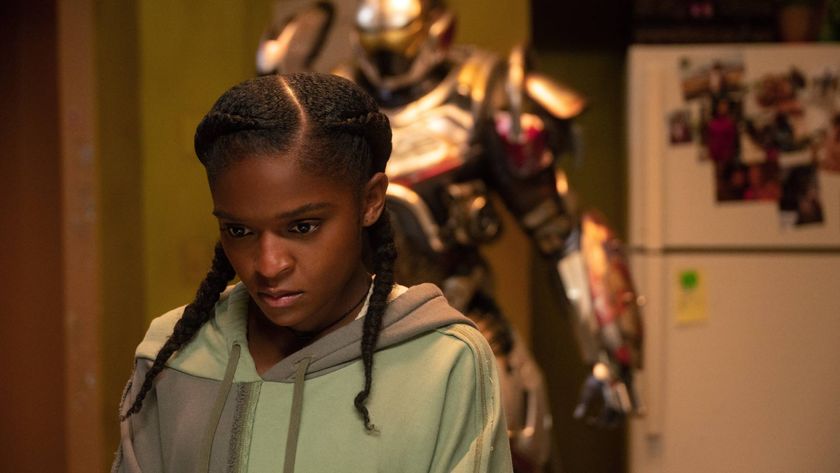We've hailed the AAA horror renaissance, but it owes itself to the indie horror boom
Opinion | The indie horror scene of the past decade made a lasting impact
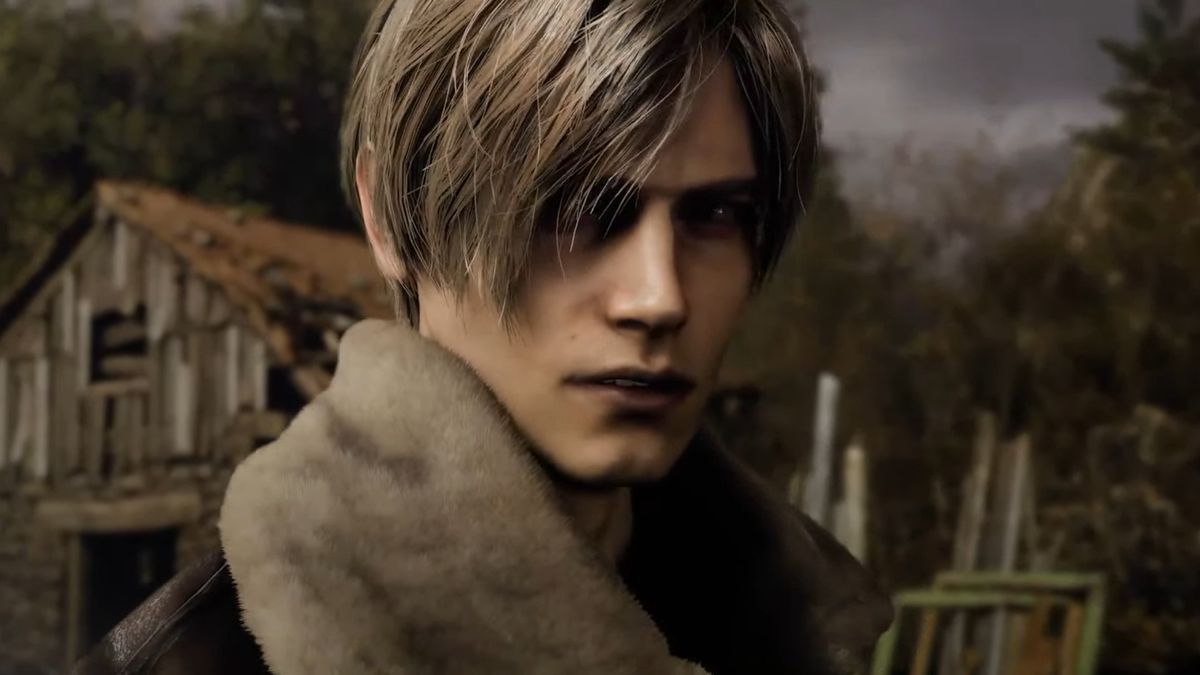
The horror genre is booming. Be that familiar survival horror as per the Resident Evil 4 remake, or the more action-focused fare of Diablo 4, players with a penchant for terror are being well-served, no matter how you source your scares. With the likes of Dead Space and The Callisto Protocol gracing the scene recently, and with genre titans Alan Wake 2 and Alone in the Dark forthcoming, it really is a great time for blockbuster horror on all fronts.
But let's be clear: the current wave of top-drawer AAA horror ventures owe their popularity – in part, at least – to the tireless hard work their smaller-scale indie counterparts have put in over the last decade.
Indie inspirations
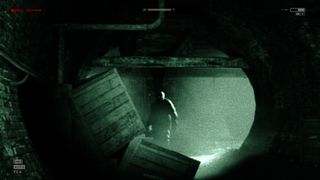
While popularized in the '90s – first with Alone in the Dark, and latterly with Resident Evil and Silent Hill – the survival horror genre came into its own in the 2000s. Silent Hill 2 is easily one of the best and most influential horror games of all time, while for many, Resident Evil 4 is the greatest.
The use of a diminishing sanity meter meant Eternal Darkness: Sanity's Requiem did little to eschew mental illness tropes, but it did think well outside the box by making it seem like your console had shut itself off, your save had deleted itself, and that your television was inexplicably muted once the game's protagonist had succumbed to the shadows. Elsewhere, Dead Rising pushed the envelope in the action-horror space, whereas Dead Space struck a near-perfect balance between all-out action and stalking horror.
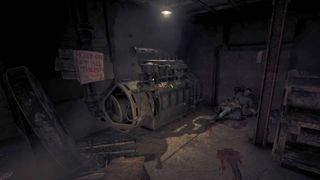
Amnesia: The Bunker's generator is one of the scariest creations in survival horror
By the 2010s, however, AAA horror had lost its way. In the wake of the disappointing Resident Evil 5, Resident Evil 6 was a bloated jumble of ideas that ultimately failed to reflect its roots as intended. Silent Hill suffered a similar fate with Downpour, a similarly confused and confusing half-hearted throwback that tried to replicate Silent Hill 2's best ideas, but failed to execute them with any degree of finesse – 10 years on, and a full console cycle later. With Skyrim and Fallout pushing action-RPGs further than ever before, the likes of Uncharted driving the action adventure space, and the meteoric rise of the battle royale genre towards the decade's end, AAA horror in the early stages of the 2010s – The Last of Us aside – was nowhere near as well-served as it had been in decades past.
Enter the indie horror scene. Inspired by the biggest and best, the likes of Amnesia: Dark Descent proved big budgets and massive teams were not essential in crafting the creepiest and most unsettling worlds and stories. Outlast ripped up the rulebook by removing weapons, and forced us to fumble around a terror-swept setting tooled up with nothing but an old camcorder.
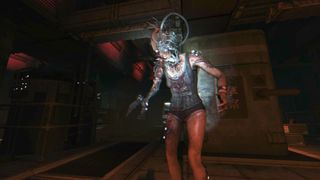
"The next 10 years could be as special, spooky, and trouser-splitting as those heady horror days at the turn of the millennium."
Frictional Games' Soma swapped Amnesia's gothic feel for sci-fi; Sylvio was a masterclass in atmospheric horror; Darkwood impressed with its top-down views and narrative-light approach; The Forest leant into the survival genre with terrifying results; Layers of Fear nailed the disparate tone of psychological horror; and sidescroller Inside was, and still is, one of the most unsettling games you'll ever play. Although perhaps not an 'indie' studio in its purest form, Tango Gameworks launched the first The Evil Within game prior to the studio's Bethesda acquisition too.
Sign up to the 12DOVE Newsletter
Weekly digests, tales from the communities you love, and more
It took until 2017 before Capcom reintroduced itself to the horror stage, with the formidable Resident Evil 7. Its switch to first-person shook up the old formula pretty dramatically, before the developer's modern reimagining of Resident Evil 2 in 2019 marked the return of AAA horror proper. Since, Capcom has rolled out the Resident Evil 3 remake, Resident Evil Village, a handful of top-tier DLC packs for RE7 and Village, and the Resident Evil 4 remake. The revived Silent Hill series has several new games in the works, not least a fully-fledged remake of number 2, and there are so many upcoming horror games for 2023 and beyond, each of which underlines the promise of the genre moving forward.
This isn't to say the current AAA horror renaissance wouldn't have happened without the work of indies over the last 10 or so years, but smaller studios have more than kept things ticking over between times – they've crafted some of the very best horror games that the big guns have since been inspired by. Now, with both spectrums firing on all cylinders, the next 10 years could be as special, spooky, and trouser-splitting as those heady horror days at the turn of the millennium.
If you're a fan of frights, check out our pick of the best horror games to play right now.

Joe Donnelly is a sports editor from Glasgow and former features editor at 12DOVE. A mental health advocate, Joe has written about video games and mental health for The Guardian, New Statesman, VICE, PC Gamer and many more, and believes the interactive nature of video games makes them uniquely placed to educate and inform. His book Checkpoint considers the complex intersections of video games and mental health, and was shortlisted for Scotland's National Book of the Year for non-fiction in 2021. As familiar with the streets of Los Santos as he is the west of Scotland, Joe can often be found living his best and worst lives in GTA Online and its PC role-playing scene.
